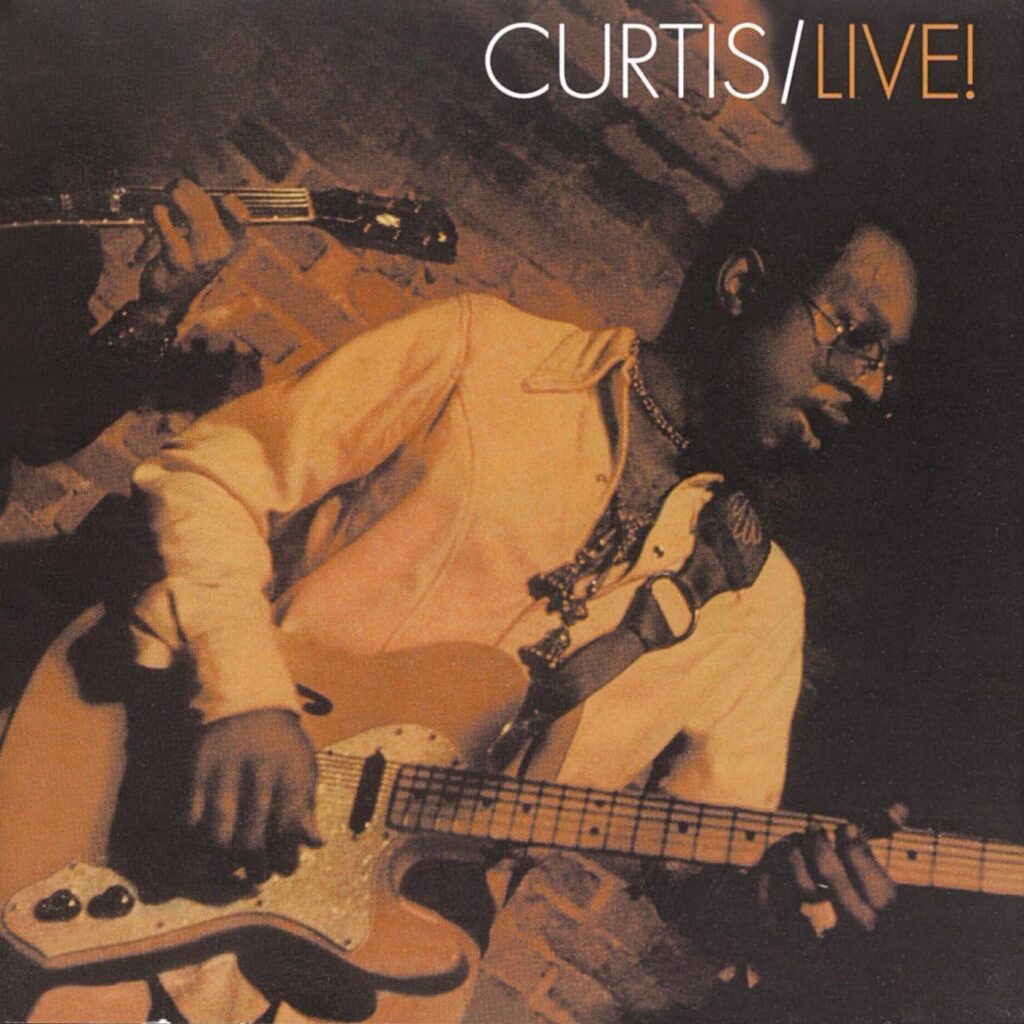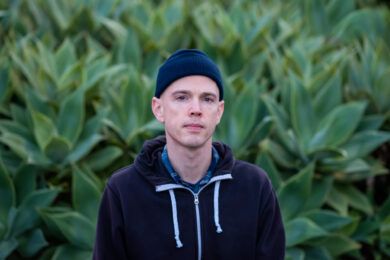2. Curtis MayfieldCurtis Live!

I spent a year of listening to nothing but Curtis Mayfield a while ago. It just creates a whole world, does these things in ways that no one else has before. The blending of politics and groove and the sensitivity in his voice, all that stuff is on his early albums like Roots, but this was live. You hear things done in a stripped-down way because there’s not a big string arrangement, but you’ve got Master Henry Gibson on percussion. It’s a smaller unit, but it sounds like an orchestra, you have all this stuff going on, and then Curtis raps, like him talking to the audience in between songs. It’s funny at points and poignant. You can hear him entertaining himself. I don’t do great with public speaking, so hearing him, he seemed like a kind of shy person in certain ways. So maybe there was something I was reading into him being on mic. The whole thing is magic. And to hear it done live out of the studios is really special.
I imagine you’re familiar with William Parker’s free jazz take on the Curtis songbook?
Oh yes. I came to William Parker’s music before I had heard the Superfly soundtrack. When I was 18 or 19, I saw William Parker and that was huge. Mind blown. And most of my musical influences were people I saw play live. I only lived in New York City for a hot minute, but I saw William Parker as much as I could. I had seen his Curtis Mayfield project before that year of nothing but Curtis Mayfield. I was thinking about what Curtis Mayfield meant to William Parker and what it was like to be around in 1971. Frank Lowe’s Black Beings, which was on my longlist, was William Parker’s first recorded appearance. These totally revolutionary things are happening at the same time, and there are connections between them. Record stores file things the way they do, so they’re not next to each other, but they totally belong next to each other in my heart.


